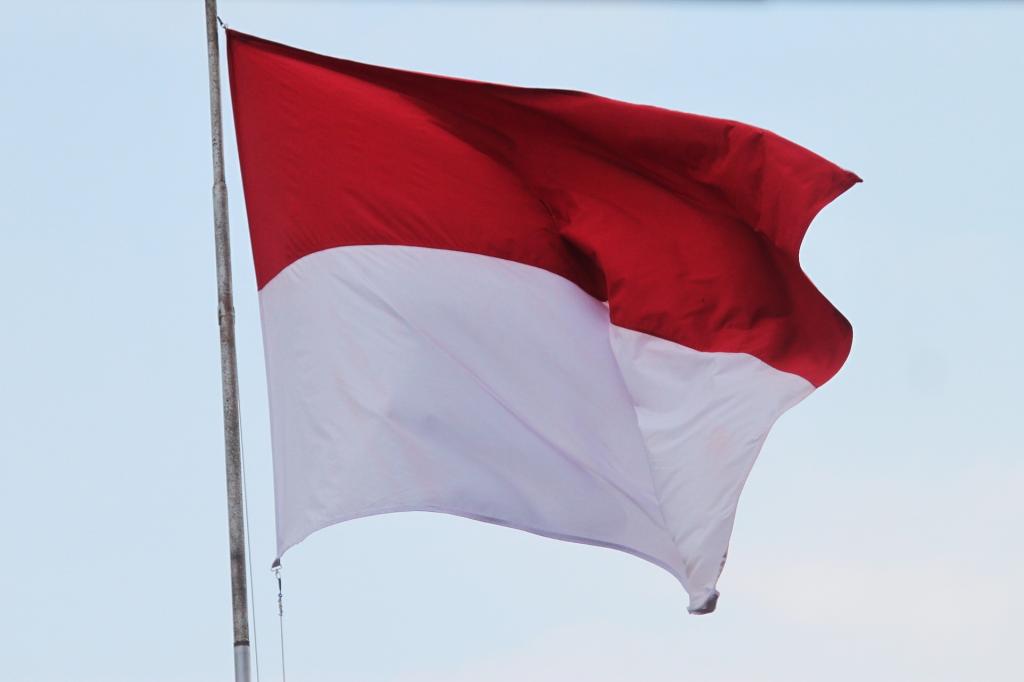Most of Association of Southeast Asian Nations (ASEAN) member countries perceive themselves as non-immigrant nations. It means that most ASEAN countries are not the destination for immigrants to settle. This approach also appears when they responded to the massive influx of the refugee in the south-east Asian region. In absence of ASEAN regional mechanism on refugee protection (which means covered all stage of treatment for refugee), a few ASEAN member countries - Indonesia, Thailand and Malaysia -, have the valuable efforts and experiences in term of refugee handling and reception, based on their domestic law and national policy, for instance in Indo-Chinese refugees’ crisis in late 1980s until 1990s, and also Rohingya “boat people” crisis in 2015. This article discusses the legal efforts undertaken by the three ASEAN countries to reconcile their sovereignty in protecting refugees who enter their territories through law and policy. In addition, this article also elaborates on the extent to which laws and policies contribute to refugee protection in Southeast Asia.
The authors are affiliated to the Faculty of Law, Universitas Padjadjaran, Bandung, Indonesia.
Email: b.dewansyah@unpad.ac.id


